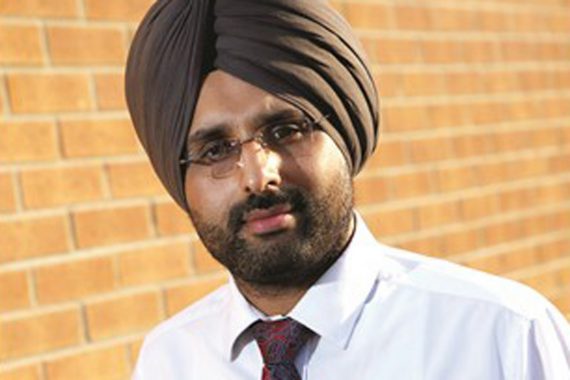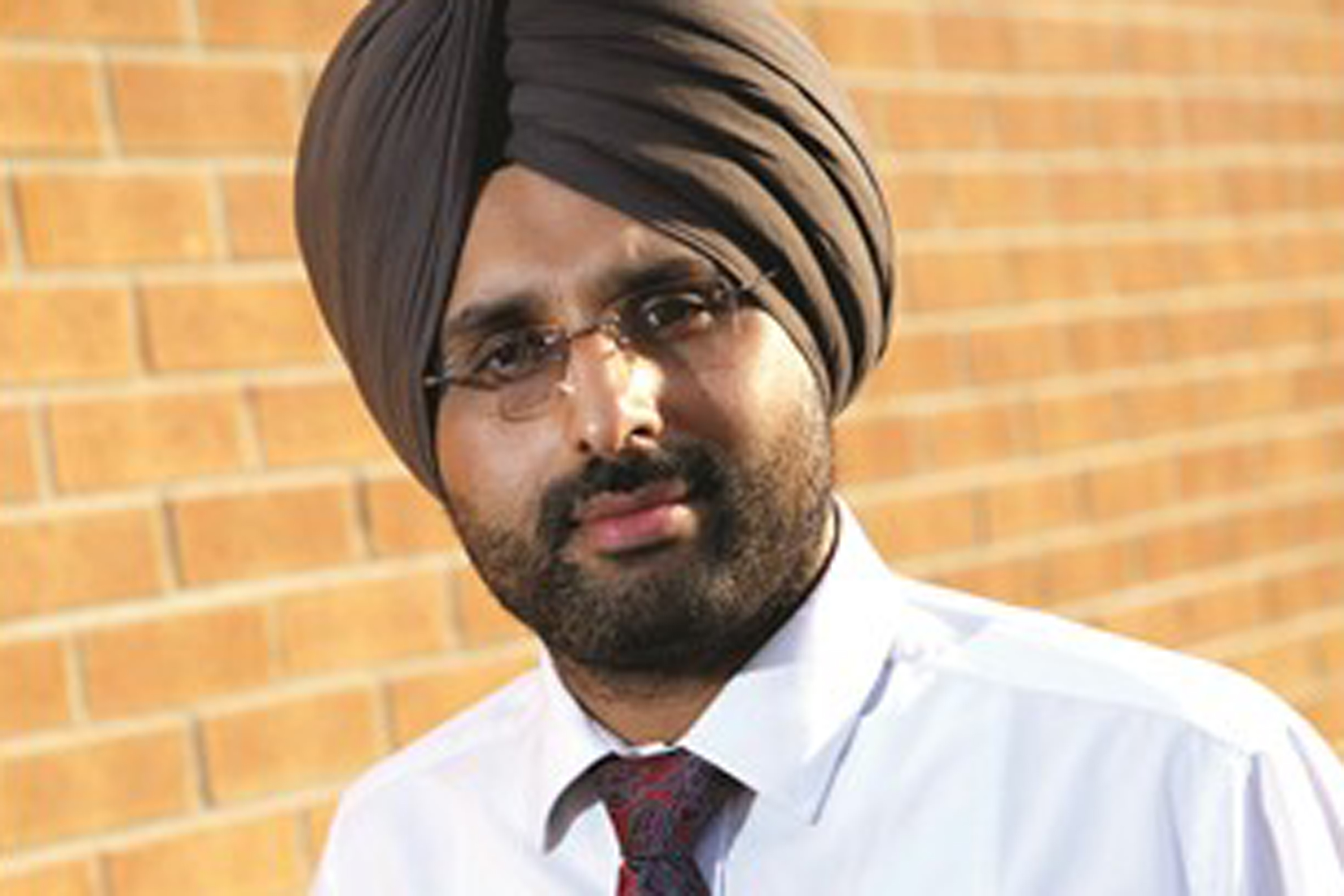General practice only works because partners commit to make it work


On a day the media was highlighting extreme pressures on practices and an unprecedented sustained drop in the number of GPs, an esteemed colleague chose to make a political point by putting the blame right on the door of general practice. Dr Paul Williams, MP for Stockton South and himself a practising GP, disappointingly wrote in The Guardian last week that the partnership model is the problem and that practices selectively provide services. What has rather conveniently not been highlighted is the fact that general practice remains the most cost-effective model, not only within NHS, but also as an envy of the rest of the world.
Additionally, it has been omitted that the average number of consultations per patient per year has nearly doubled in the background of reduced resources. It would have been a more balanced view if it had been highlighted that a practice provides unlimited access to its patients within a meagre approximately £140 per year, less than what it takes to insure a pet, or an annual Sky subscription. As per NHS England itself, a year’s worth of care by a GP is less than two visits to A&E. It goes on to say that if general practice fails, the NHS fails.
The real reasons why uptake of partnerships has gone down is not the model itself, as the author argued, but because since 2004, the various subsequent governments, including his own political party, have chosen to bombard general practice with unrelenting additional work with no or little resource. To suggest that reduced uptake of partnership is a good enough reason to infer that the partnership model is no longer viable demonstrates reliance on perceptions, at best debatable and at worst suggestive of political aspirations rather than evidence. Newly qualified GPs are not taking up salaried posts either, the model advocated here. They can obviously see an under-resourced and overworked primary care, hence, understandably, preferring to dictate work conditions.
A model that deals with 90% of patient contact with less than 10% of funding cannot be flawed – it is the willpower to support it that is lacking
General practice works because the partners commit to making it work, almost being married to their practices. These small-to-medium independent business units are run far more efficiently than any hospital trust, which often runs into deficits of millions of pounds, sometimes rescued by the taxpayer. Staff sickness rates in primary care tend to be significantly lower, about half of that in secondary care. Partnerships make a profit by running practices as close-knit units, almost like families, not by cherry-picking services they provide, as our colleague has claimed. Nor does the so-called profit include hundreds of additional hours put in by partners and their staff. No model or trust can afford running services at a loss. And yet primary care provides many services at a loss or at no profit. Most public health and local authority commissioned services provide little financial incentive for practices.
The influence and involvement of GPs and other staff in the running of the practices is simply incomparable to any bigger units, and so is the ability of practices to provide flexible working conditions.
I sincerely hope that my colleague calls for honesty and transparency for the sake of the NHS and its patients instead. I hope that the public is told that seven-day access to their GP does not mean that at all. It simply means that you’re likely to be seen in another centre somewhere, where it’s more than likely that there will be no GP at all. I hope that he fights to preserve continuity and patient-practice relationships, rather than a drive-through approach. I hope that he stands up for quality general practice, rather than pushing an already-stretched workforce to the edge for populist measures.
GPs are emigrating because of work conditions and the bureaucracy, but also the media-bashing through perceptions this article seems to propagate. The public need to know that general practice in particular and the NHS in general have been starved of funds for more than a decade and that, undeniably, is the single biggest reason as to why there’s such a workforce crisis directly impacting on access. The only losers in a 9-5 model for general practice shall be the patients.
A model that deals with 90% of patient contact with less than 10% of funding cannot be flawed. It is the willpower to support it that is lacking.
We need stable and well-resourced primary care that is given the due respect it deserves.
Dr Kamal Sidhu is a partner at Blackhall and Peterlee Practice and New Seaham Medical Group; chair at South Durham Health Community Interest Company; and vice-chair at County Durham and Darlington LMC. He writes in a personal capacity.









